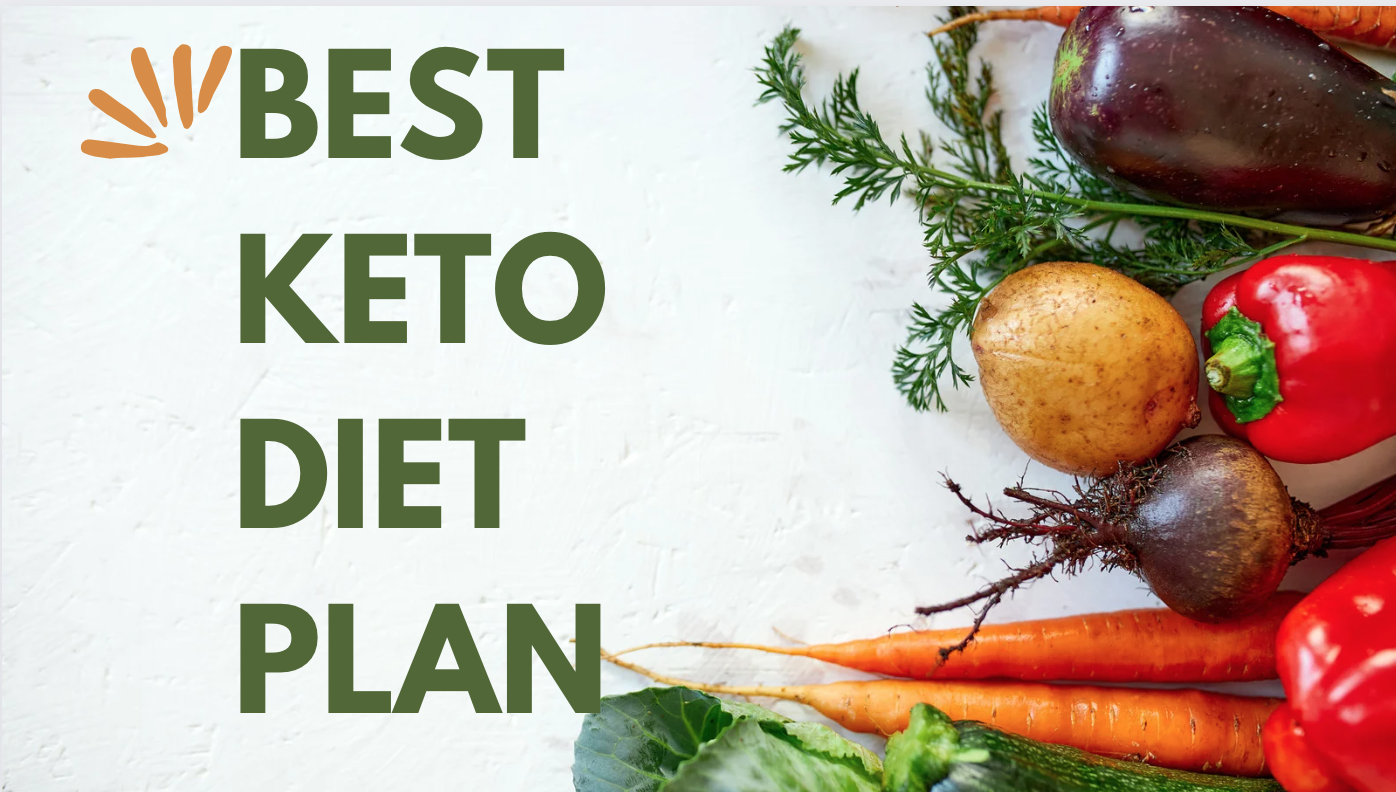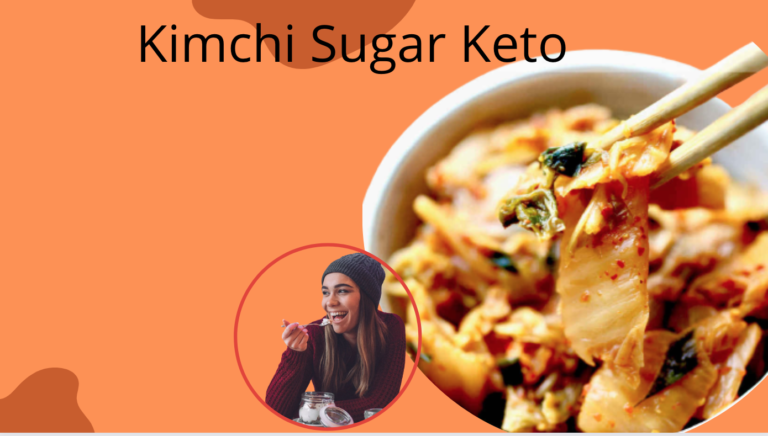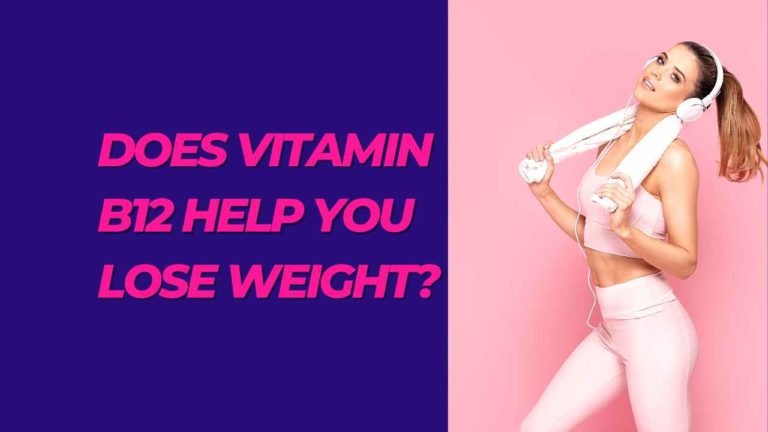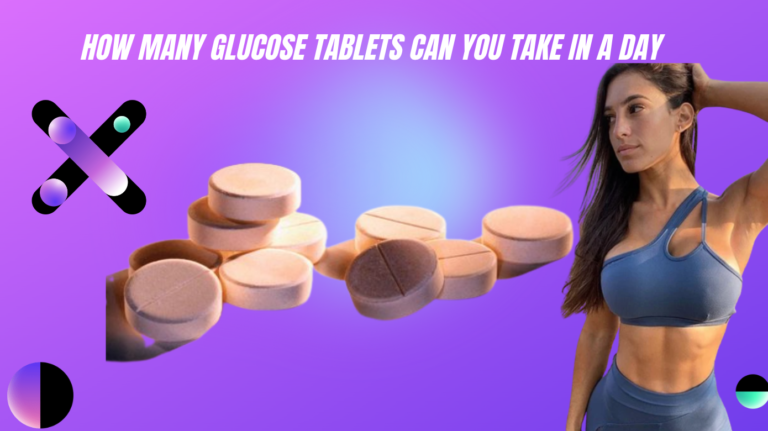Discover The Best Keto Diet Plan That Will Transform Your Life
Are you tired of jumping from one diet to another, desperately searching for a solution that will help you shed those extra pounds and achieve your health goals? Look no further! The keto diet plan has taken the fitness world by storm, promising remarkable results in weight loss and overall well-being.
This low-carb, high-fat eating approach not only helps you burn fat effectively but also provides numerous other health benefits, such as improved mental clarity and increased energy levels. In this article, we have done the research for you and compiled a list of the best keto diet plan available, ensuring that you can embark on your journey toward a healthier lifestyle with confidence.

What are Some Best keto Diet Plans?
There are several popular and effective keto diet plans that people have followed to achieve their health and weight loss goals. Keep in mind that individual preferences and nutritional needs vary, so it’s essential to choose a plan that suits your lifestyle and health requirements. Here are some well-known keto diet plans:
Standard Ketogenic Diet (SKD): This is the most common and widely followed version of the keto diet. It involves consuming around 70-75% of calories from healthy fats, 20-25% from protein, and 5-10% from carbohydrates. The goal is to maintain a state of ketosis, where your body primarily burns fat for energy.
Cyclical Ketogenic Diet (CKD): This plan involves alternating periods of strict keto eating with higher-carb “refeed” days. For example, you might follow the standard keto diet for five days and then have two days of higher carbohydrate intake to replenish glycogen stores and support intense workouts.
Targeted Ketogenic Diet (TKD): With TKD, you consume a small number of carbohydrates around your workouts to provide extra energy for high-intensity training while still maintaining ketosis during the rest of the day.
High-Protein Ketogenic Diet: Similar to the standard keto diet, but with a higher percentage of protein intake (around 35-40% of calories). This version may be more suitable for individuals who are more physically active and require more protein for muscle maintenance and growth.
Vegetarian or Vegan Keto Diet: Although challenging, it’s possible to follow a keto diet while avoiding meat and animal products. This plan involves relying on plant-based sources of fats, proteins, and low-carb vegetables.
Dirty Keto or Lazy Keto: These terms refer to a less strict approach to the keto diet, where the focus is primarily on macronutrient ratios rather than the quality of food. People following this approach might consume processed and fast foods as long as they fit their daily carb, protein, and fat targets.
Mediterranean Keto Diet: Combining the principles of the Mediterranean diet with the keto diet, this plan emphasizes healthy fats, fish, non-starchy vegetables, and moderate protein.
The Best Foods for a Keto Diet
The ketogenic diet is a high-fat, low-carbohydrate eating plan that aims to shift your body into a state of ketosis, where it burns fat for energy instead of carbohydrates. To follow a keto diet, you should focus on consuming foods that are low in carbs, moderate in protein, and high in healthy fats. Here are some Foods for the best keto diet plan:
Meats: Opt for fatty cuts of meat such as beef, pork, lamb, and poultry. Bacon and processed meats like sausages are also acceptable, but be mindful of added sugars and carbs in processed options.
Fish and Seafood: Fatty fish like salmon, mackerel, and sardines are excellent sources of omega-3 fatty acids. Other seafood options like shrimp, crab, and lobster are low in carbs.
Eggs: Eggs are a staple on the keto diet and can be prepared in various ways, providing an excellent source of protein and healthy fats.
Non-Starchy Vegetables: Leafy greens, cauliflower, broccoli, zucchini, asparagus, and peppers are low in carbohydrates and can be included in your meals.
Avocados: Avocados are rich in healthy fats and low in net carbs, making them a perfect choice for a keto diet.
Nuts and Seeds: Walnuts, almonds, chia seeds, flaxseeds, and pumpkin seeds are high in healthy fats and fiber, making them great snack options for a keto diet.
Cheese: Many types of cheese are low in carbs and high in fat, making them a tasty and convenient keto-friendly food.
Berries: While most fruits are relatively high in carbs, berries like strawberries, blackberries, and raspberries can be consumed in moderation due to their lower carb content.
Common mistakes to avoid on a keto diet
A ketogenic diet can yield numerous advantages for individuals; however, it is crucial to steer clear of certain pitfalls in order to obtain optimal outcomes and sustain good health. Here are some of the most prevalent mistakes made while following a keto diet:
Not Tracking Carb Intake: Keeping track of your carb intake is crucial on a keto diet. Consuming too many carbs can kick you out of ketosis and hinder your progress. Be vigilant about reading food labels and understanding hidden carbs in sauces, condiments, and processed foods.
Ignoring Protein Intake: While a keto diet is high in fats, it’s essential to moderate your protein intake. Consuming too much protein can lead to gluconeogenesis, a process where the body converts excess protein into glucose, potentially hindering ketosis.
Not Eating Enough Vegetables: Non-starchy vegetables are low in carbs and provide essential vitamins, minerals, and fiber. Don’t neglect these nutrient-dense foods to support your overall health and digestive system.
Neglecting Hydration and Electrolytes: When transitioning to a keto diet, you may experience an initial diuretic effect, leading to water and electrolyte loss. Ensure you stay well-hydrated and consider adding sodium, potassium, and magnesium-rich foods or supplements to prevent keto flu symptoms.
Not Consuming Enough Healthy Fats: The keto diet relies heavily on fats for energy. Make sure you’re consuming enough healthy sources of fats, such as avocados, nuts, seeds, olive oil, and fatty fish.
Overeating High-Calorie Foods: While fats are a significant part of a keto diet, they are calorie-dense. Overeating high-calorie keto-friendly foods can hinder weight loss or even lead to weight gain.
Final Thoughts
In conclusion, the keto diet plan has gained immense popularity for its potential health benefits and effective weight loss results. By severely restricting carbohydrates and increasing healthy fats, this diet forces the body into a state of ketosis, where it burns fat for fuel instead of glucose. The keto diet has been shown to improve insulin sensitivity, reduce inflammation, promote weight loss, and enhance cognitive function.
However, it is important to consult with a healthcare professional before starting any new diet plan to ensure it is safe and suitable for individual needs. So why not give the keto diet a try? With its numerous benefits and delicious food options, it may just be the key to achieving your health and wellness goals.
FAQs
Can I eat fruits on a keto diet?
Fruits tend to be higher in carbohydrates compared to other food groups but some berries like strawberries and blackberries can be included in moderation while staying within your daily carb limit.
Is exercise necessary while following a keto diet?
Although exercise is not mandatory for weight loss on a ketogenic diet, it has numerous health benefits and can complement your weight loss efforts by improving overall fitness levels and enhancing metabolism.







